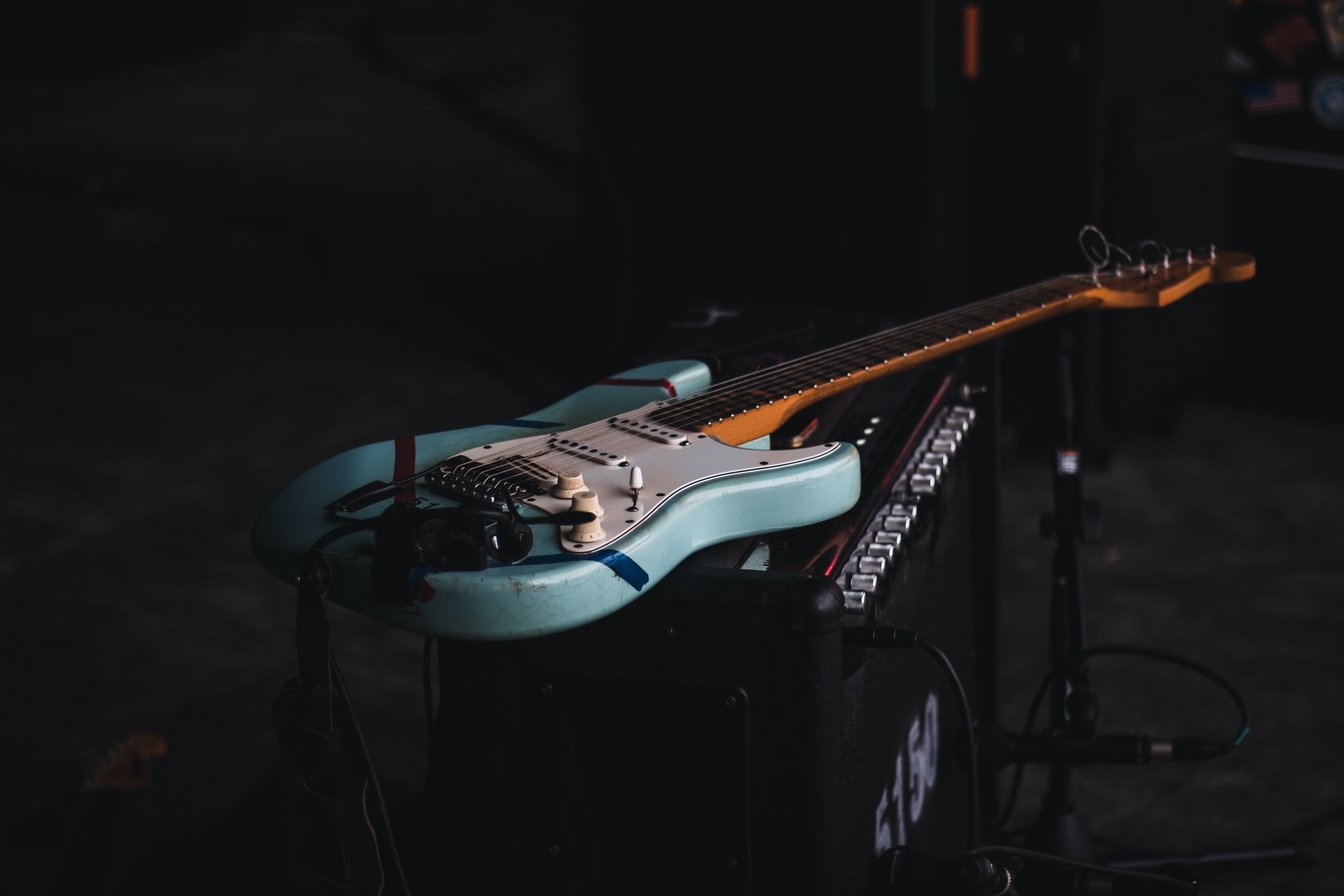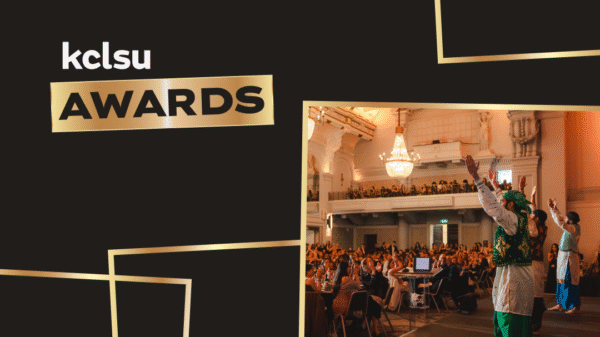I was wearing my Soundgarden t-shirt that day for no particular reason. When I handed my essay to my English teacher she said: “So, you’ve heard of Cornell’s death?”
I had no idea, up until this moment, my attire was clearly universe’s humour. I still had to have dinner with my dad as planned, and then we lifelessly listened to his music on our way home. I didn’t hear anything. I didn’t hear anything because I still lived in a reality in which he didn’t die—or, rather, in a reality where he hadn’t existed at all. That seemed easier.
Although he belonged to an unfortunate canon of grunge, he seemed to have found a way out of his own black hole. After the split of Soundgarden, he not only formed a supergroup alongside Rage Against the Machine members (Audioslave’s “Be Yourself†was how I properly discovered him in the first place), he also embarked on a successful solo career, and even recorded an album—an utter failure, in my opinion, but at least he tried—with Timbaland. There’s a lot to say about Chris Cornell, but never that he wasn’t versatile.
All those years ago, I found in Cornell the justification that ugliness and beauty can coexist, that I can be vulnerable without compromising any of my strength, using only the labyrinth of my vocal cords. I found the complexity, both in sound and in purpose, that satisfied every palate of consciousness. After his death, I did not feel allowed to mourn, in any shape or form. I acknowledged it, I was no one. But he still took something from me, and that made me uneasy. So I went on a quest to find it, and my first stop was Massachusetts.
When at Boston’s Berklee College of Music, I sang “Sweet Euphoria†at my first audition and got rejected. Then I shouted out “The Day I Tried to Live†in front of the guy who rejected me at that previous audition, proudly taking in the astonishment on his face when he heard me scream. I exclaimed “Fell on Black Days†only a few short days before going back home, to an audience consisting of actual, corporeal friends of mine. I was going from distortion to lyrical ingenuity, from homage to homage, from professionals to the public, trying to find someone who understood how I felt, someone who was not yet deceased, but just as lost and vapid as I was. I tried and I failed. My next stop was, naturally, the source.
I went to Seattle, to the infamous market, known more for its Starbucks rather than its Spoonman. It smelled like weed and sweat. But I kept looking, blazing my earlobes with the poisonous sunlight. I could not find it still. I went to the museum of pop culture, feeling foolish around all those excited faces, taking photos and genuinely enjoying being outside of history, only staring at it. At that moment I would have given everything to be there, all those twenty-something years ago, and then end up in that museum as a lifeless souvenir. I felt like a fraud—but I still bought a red Soundgarden pin for my jacket.
Now I wonder, has my history as a musician made it impossible for me to be a listener, a music enthusiast? Is my connection with Cornell, along with his time and place, and all that he represented, only making me disconnect from the real time and place that I was given? I went to the cinema quite a lot last year, and I willingly avoided Bohemian Rhapsody, A Star is Born, and the like, anything including any sort of musician’s phenomenology. In other terms, anything mildly relatable. I still listened to music, but I could not differentiate notes from nodes, or chords from cords, anymore.
I tried to plant a seed of a listener, or an outside observer, but I can’t go back to the source. I’m still unable to write confidently about Cornell’s vocal cracks and imperfections, his imagery and incantation, the euphoria mornings and mournings, and black days, and black holes, and Christ Poses. No matter how many ego-boosting comments I get, I can’t embody him either. One can’t have everything, I suppose, and, once down at the crossroads all those years ago, I fell down on my knees and chose music. And then I relinquished it. And now I can’t find it.
You got it right, Chris, no one sings like you anymore. Myself included.
















